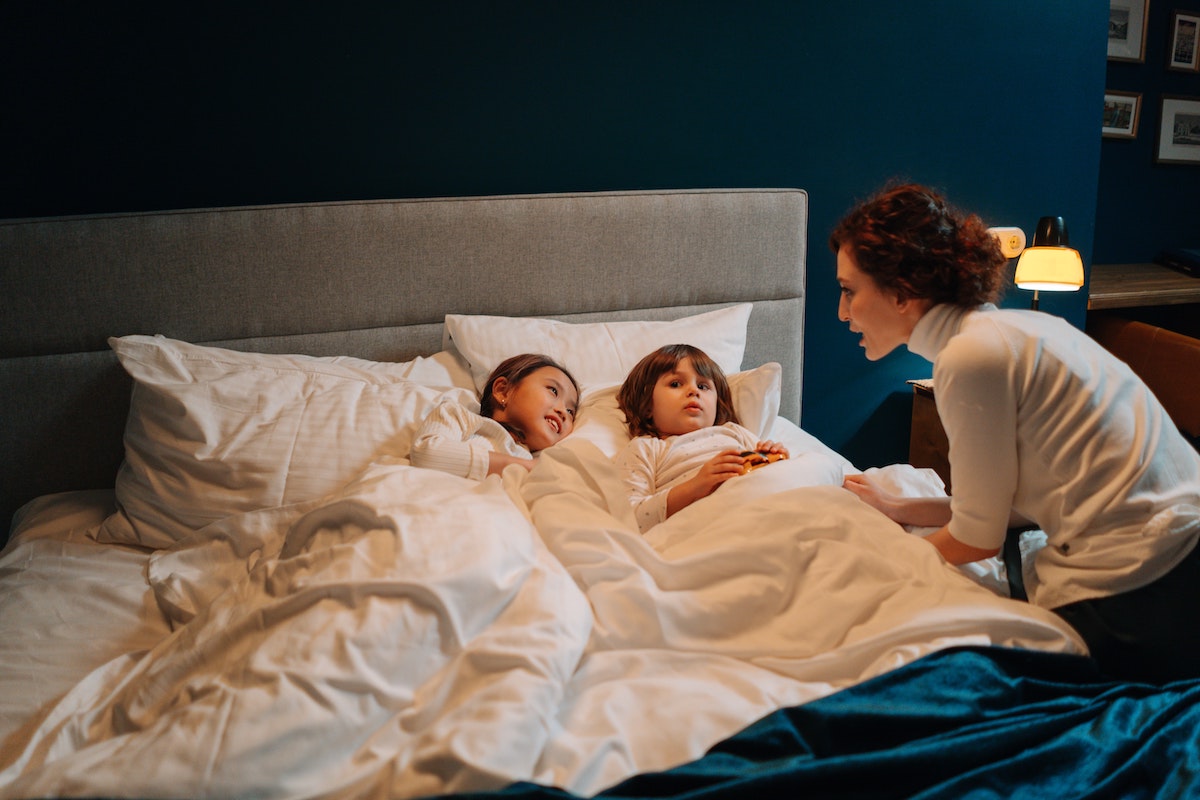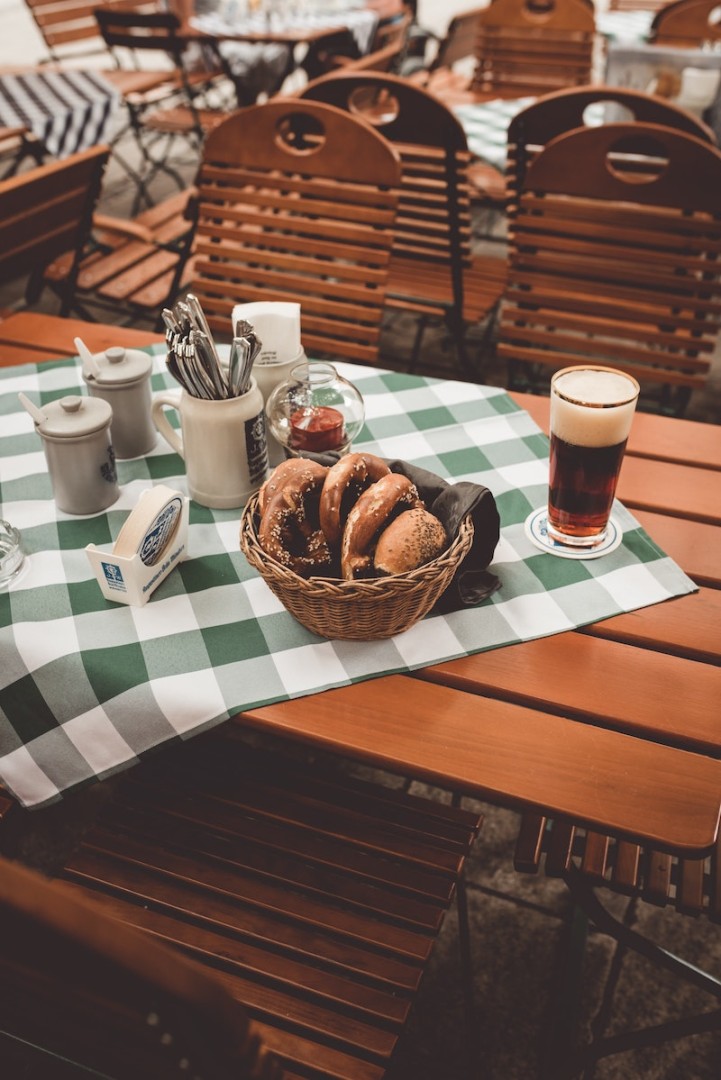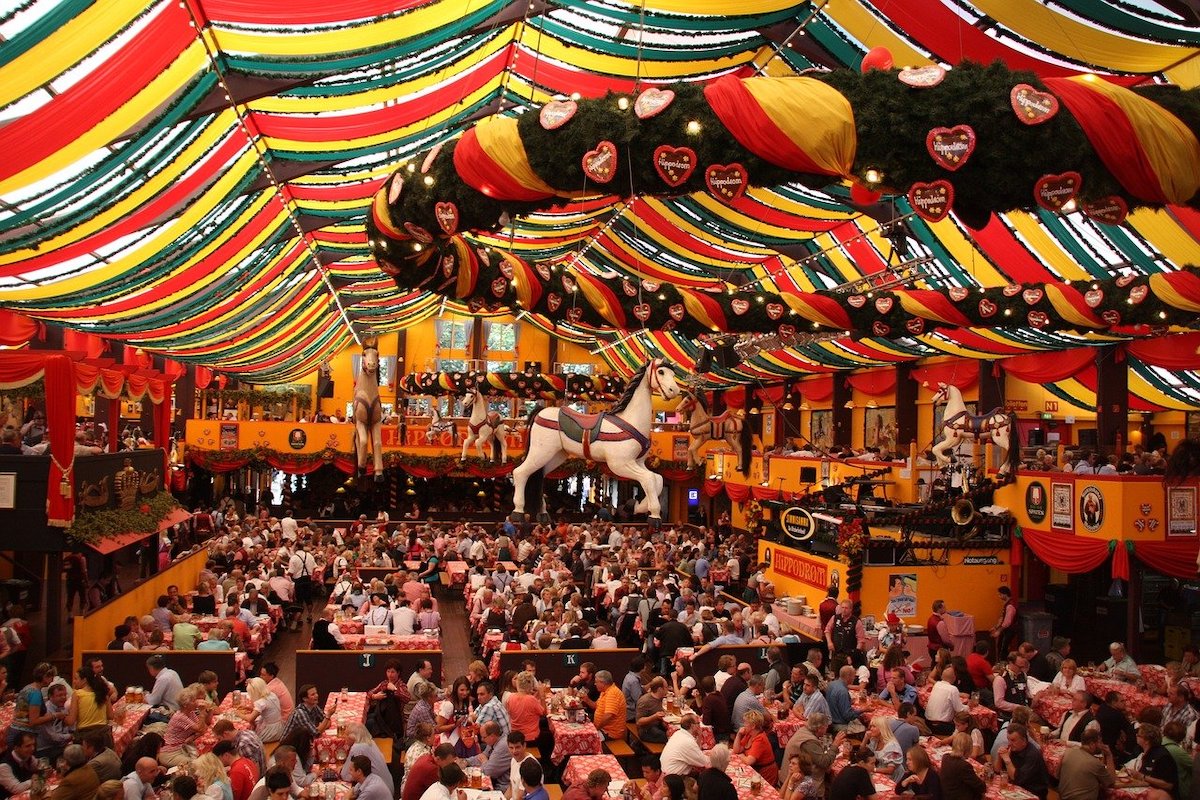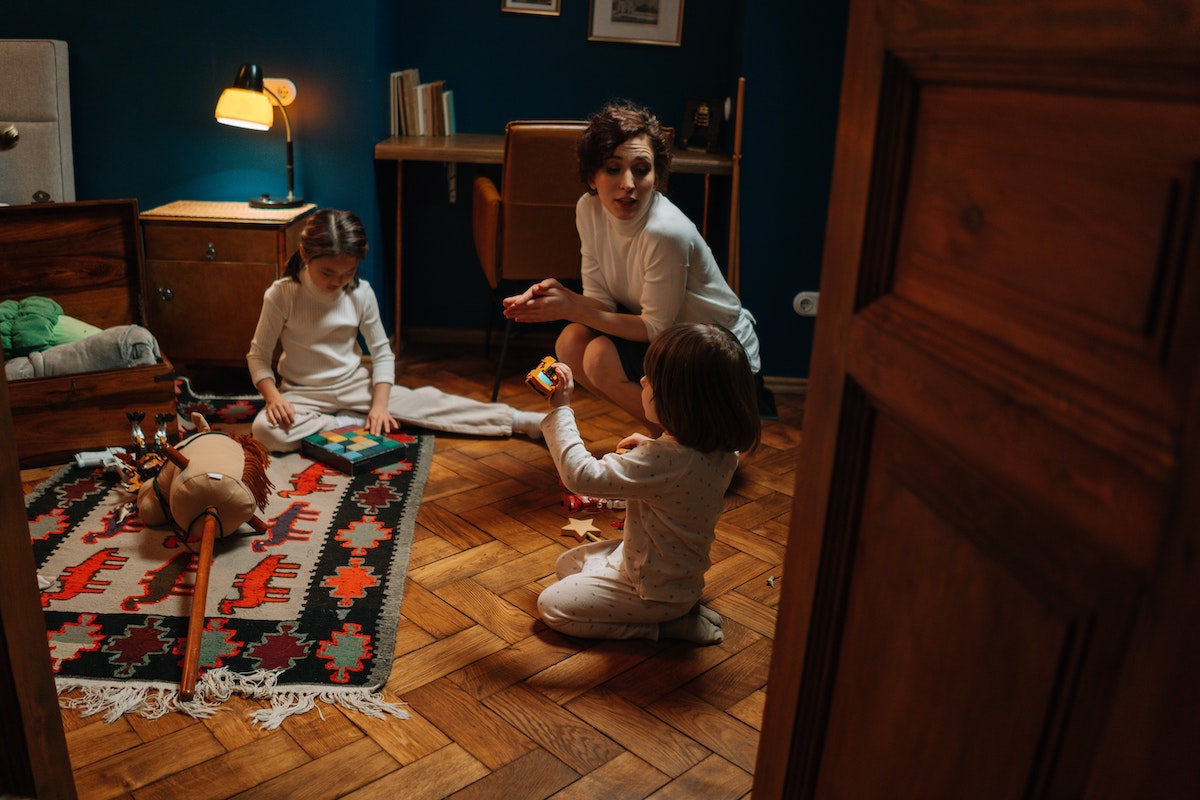
What to Expect as an Au Pair in Germany
By: Georgette Eva
Skip to Section
For about a year, my friend Tiffany had the amazing job of au pairing in Germany—specifically Munich. She was responsible for four kids (two older girls and two younger boys) ranging from ages four to 10. She took care of household chores from laundry to cleaning, she made meals, she managed the children’s schedules, and then some. But she also got to travel Europe, experience Oktoberfest, watch soccer, and be a part of an amazing family.
“I can honestly say it was the best decision I have made in my life,” she said. “I loved my host family and my group of friends. Everything worked out and I couldn’t have had a better experience.”

Marienplatz, Munich – Photo by Matthias Schröder on Unsplash
The Au Pair Process
So, how did she make the decision? For Tiffany, it was a combination of a few things. She had just graduated college with no idea what she wanted to do in the near future. She had a job that wasn’t a career. And she just came off from studying abroad and was already dreaming about going back.
So Tiffany researched online.
There are two ways to go when looking at potential au pair positions. You can either go through au pair websites to look at host family profiles or post your own, or you can go through an agency. Tiffany opted for an agency and chose to go with AuPairCare Germany, wanting that extra support in the process and for when she was in the new country.
But no matter which route you opt to go for au pairing in Germany, you need to fill out an application and supply references. Tiffany’s agency had a very detailed application where she included a letter to potential host families and a photo collage of her experience working with children. She used her background experience in volunteering with elementary schools, counseling at summer camp, and babysitting.
She also needed professional and personal references along with a federal background check sent from the FBI. And she had to undergo a phone interview with the program director in Berlin so the agency could get to know her better.
“I felt like my agency really went out of their way to make sure the au pair was going to be taken care of and treated fairly,” she explained.
She said it cost her next to nothing to travel. Au pair contracts typically range from six months to a year, and because she planned to stay a full 12 months, the terms of her agency meant that Tiffany’s host family paid for the airfare. The agency also required host families to compensate for public transport or a stipend for cultural things or language classes.
Because Tiffany is an American, she could get to Germany with a standard tourist visa, which lasts up to three months. Once she was there, she had to fill out the proper paperwork, which her agency sent in advance.
Tiffany didn’t have a preference for where she would go about au pairing in Germany, but you can certainly list locations that interest you on the application. She ended up near Munich because of her host family—they were the first ones that reached out to her.
“On choosing a host family I say go with your gut,” she said. “If they look great on paper and give you extra perks but something doesn’t feel right, then don’t go with them and keep looking.”
A New Country

Sunset in Munich – Photo by Philipp Bachhuber on Unsplash
“When I got off the plane in Munich, I didn’t speak a word of German,” Tiffany admitted. “I couldn’t read signs, listen to the announcers on the radio, understand the buttons on the washing machine, talk to the neighbors. The list goes on.”
Her host mom wanted the children to learn English, and while the older girls knew a little, the younger ones resorted to charades.
She also had to get used to the way Germans eat. Compared to being in America, she said that Germans don’t consume as much food. Their largest meal of the day is lunch, which is when you get something warm, and dinner is lighter and will usually consist of bread and some cheese.
“It isn’t called Abendbrot for nothing,” she added. (Literally translated Abend means “evening” and Brot means “bread.”)

Pretzels in a basket – Photo by Clay Banks on Unsplash
She also described the German day-to-day life as structured and reliable. There are strict rules for driving and a certain way to sort through trash.
“But, when Germans are ready to relax, they know how to have a great time—the Wiesn, football games, going outdoors,” she said. “You can tell when the weather gets nicer because everyone is outside and they are hiking, at a lake or they spend the day at a biergarten.”
“I actually think I had more culture shock when I went to Barcelona than when I got to Munich,” she joked. “After living in the very precise German culture for seven months, I almost couldn’t handle the laid back Barcelona culture.”
Tiffany had time off for travel, visiting close by from Salzburg, Nürnberg, to Basel, and she went on five-day trips to Prague, Barcelona, and London. She spent the holidays in Germany from Christmas, walking around the small town’s markets and drinking Glühwein, to seeing the extreme amount of fireworks at New Year’s. And of course, Oktoberfest, known to locals as die Wiesn.

Oktoberfest tent – via Pixabay
“Take all the stories and pictures you have ever heard or seen and times is by five. It really is something that everyone needs to experience,” she said.
There are huge beer tents, which are really wooden buildings that hold thousands of people, and the other half is full of carnival rides. Families with children take part too until the evening.
“Yes it is crowded, the beer is expensive, and the lines for the bathrooms are insanely long, but it is definitely worth it,” Tiffany said. “There is nothing like singing while standing on the benches with the best friends at your table that you just met hours before.”
She usually had two days off from the week, not usually weekends, but her location gave her the opportunity to explore Munich more.
“I absolutely love Munich,” she said. “Munich is a city full of history and you are constantly reminded of that on almost every street. It is kind of hard to describe this city I love so much, it really has to be experienced.”
It’s Still a Job
“I know living in Europe, traveling and meeting new people sounds glamorous, but you are there first and foremost to be a caregiver of children,” she said. “Being an au pair is not always sunshine and rainbows. You have to be able to find a good balance because you essentially live where you work.”
Depending on her host mom’s schedule, Tiffany’s day-to-day responsibilities typically included being up with the kids and taking them to school. She would clean their rooms or prepare lunch. The kids also had classes and practices they went to, but there was always time to explore and she also took German classes.
The hardest day, she described, was when one of the younger kids had a tantrum and her host mom was unsure if Tiffany handled the situation properly.
“Honestly, if she had asked me to leave, in the heat of the moment I might have said yes,” Tiffany admitted. “However, later that night we sat down and talked about it and things got much, much better after that point.”
Tiffany stressed that being open with her host mom was extremely important. There were times, she said, where she didn’t say anything, so the issues would escalate and become bigger. Once she had that discussion with her host mom, she felt more comfortable.
As for helping to raise kids in a new country, she said that their lives didn’t seem too different from American children’s lives. They had videogames and television, classes and sports, though she felt that the German children were extremely active.
Tiffany’s Advice
“I learned that sometimes you have to take a chance and just do something,” Tiffany said. “Go with your gut, if it feels like the right decision then go with it. It would have been so easy for me to have turned down this experience and I am so glad I didn’t. I learned that I am stronger than I thought I was.”
Featured image via Pexels.
Information published on this website and across our networks can change over time. Stories and recommendations reflect the subjective opinions of our writers. You should consult multiple sources to ensure you have the most current, safe, and correct details for your own research and plans.
Frayed Passport is a participant in the Amazon Associates Program, an affiliate advertising program designed to provide a means for sites to earn advertising fees by advertising and linking to Amazon.com. We also may share links to other affiliates and sponsors in articles across our website.





